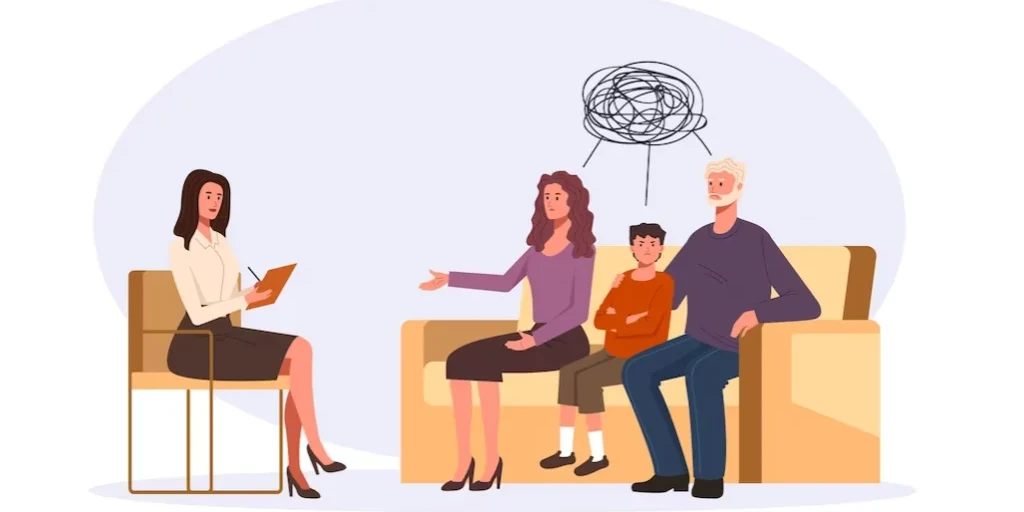24/7 Helpline:
(866) 899-221924/7 Helpline:
(866) 899-2219
Learn more about Intensive Outpatient Program centers in Otterbein
Intensive Outpatient Program in Other Cities

Other Insurance Options

UMR

Absolute Total Care

CareSource

Cigna

BlueShield

Premera

Sliding scale payment assistance

GEHA

Excellus

Molina Healthcare

Optum

Amerigroup

Holman Group

Choice Care Network

WellCare Health Plans

Health Net

MVP Healthcare

State Farm

Aetna

Health Choice
















Wabash Valley Alliance
Wabash Valley Alliance's mission is to provide quality behavioral health and addictions care based o...








